#epub book
Text

#sides4peace#love#sideswipe4peace#fanfiction#book cover#fanfic#epub book#fanart#starwars#obi wan jango#jango fett#mandalorian jedi
22 notes
·
View notes
Text
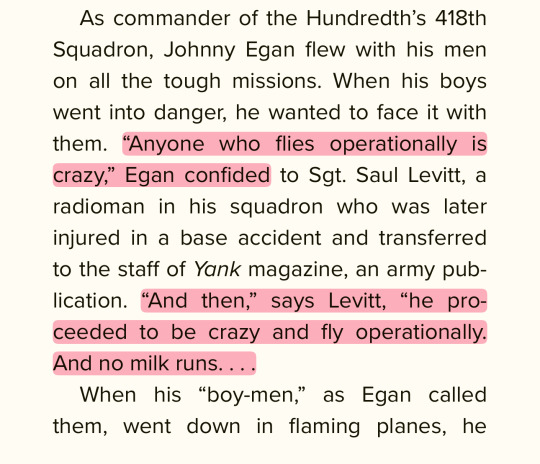
😭😭???
#mota#actually reading the book now sort of i just kind of skip a lot of paragraphs sorry#if anyone wants the epub lmk <3#bucky egan
183 notes
·
View notes
Text
ok i'm curious,
#been wanting to make a poll but never knew what to ask. just had this question pop up into my head#i've been conflicted i wanna be a digitals girl sooo bad bc books are getting expensive & i dont wanna risk buying & not liking them#dont know if i should buy an ereader feel like it's not for me. i have an epub reader on my phone where i finished at least 2 books#but that was three years ago. i just fell out of it sometimes i open the app and then go hmmm naaahhh#the issue might be the pdf files that arent as nice as epubs. yeah whatever issue detected omg ahehjdvffjf#polls#a min
309 notes
·
View notes
Note
Hi! Hope you're doing well!
I just wanted to check in and see if there is an ETA on epubs for anyone who's ordered them recently - I ordered epubs of both Fox's Tongue and Kirin's Bone, and The Skin Stealer's Son on the 31st of May but haven't gotten them yet. No pressure! I totally understand if you're just inundated with orders or busy, I was just curious 🤗
Anyway, thank you so much, hope everything is going good!
Very very soon! I ran into some issues with a corrupted file, which meant I had to go back to the version before that, which didn't have the final typo fixes because of course it didn't so I've been cleaning those up all week, blerg. I'm 90% done now--hoping to finalize the epub tomorrow and start getting them out the day after, assuming my computer doesn't eat things again. Since I'm now compulsively saving to three locations every few hours that should hopefully not be an issue again.
Sorry for the delay, and thank you for your support!
#fox's tongue and kirin's bone#Me staring at the file equivalent of Died And Came Back Wrong: haha I'm in trouble#On the bright side I've really learned to streamline the whole book creation process since the first book#So getting the epub created is going to be a matter of minutes once I finish re-doing these edits#Baby is asleep on my arm time to try and weasel out from under her to work on it again
77 notes
·
View notes
Text
Loving the people in your family, mind you, is not at odds with a commitment to family abolition. Quite the reverse. I will hazard a definition of love: to love a person is to struggle for their autonomy as well as for their immersion in care, insofar such abundance is possible in a world choked by capital. If this is true, then restricting the number of mothers (of whatever gender) to whom a child has access, on the basis that I am the “real” mother, is not necessarily a form of love worthy of the name. Perchance, when you were very young (assuming you grew up in a nuclear household), you quietly noticed the oppressiveness of the function assigned to whoever was the mother in your home. You sensed her loneliness. You felt a twinge of solidarity. In my experience, children often “get” this better than most: when you love someone, it simply makes no sense to endorse a social technology that isolates them, privatizes their lifeworld, arbitrarily assigns their dwelling-place, class, and very identity in law, and drastically circumscribes their sphere of intimate, interdependent ties. But I am getting ahead of myself.
Most family abolitionists love their families. It is true of course that it is usually the people who have had bad experiences within a social system, and who feel things besides love for that system, who initiate movements to overthrow it. But loving one’s family in spite of a “hard childhood” is pretty typical of the would-be family abolitionist. She may, for instance, sense in her gut that she and the members of her family simply aren’t good for each other, while also loving them, wishing them joy, and knowing full well that there are few or no available alternatives in this world when it comes to providing much-needed care for everybody in question. Frankly, loving one’s family can be a problem for anyone. It might put extra weights around the ankles of a domestic battery survivor seeking to escape (especially given the economic punishments imposed by capitalism on those who flee commodified housing). It might hinder a trans or disabled child from claiming medical care. It might dissuade someone from getting an abortion. Right now, few would deny that reproductive rights—let alone justice—are everywhere systematically denied to populations. Austerity policies purposively render proletarian baby-making crushingly unaffordable, even for two or three or four adults working together, let alone one. Housework is sexed, racialized, and (except in the houses of the rich) unwaged. It is unsurprising, in these global conditions, that large numbers of humans do not or cannot love their families. Reasons range from simple incompatibility to various phobias, ableism, sexual violence, and neglect.
— Sophie Lewis, Abolish the Family. Verso, 2022.
#I wish I had a page number to cite! I don't because my copy of this book is a lousy epub#lol#Sophie Lewis#family abolition
322 notes
·
View notes
Text
Bro... the Dragon Half-Blood... *SPOILERS FOR NOVEL*
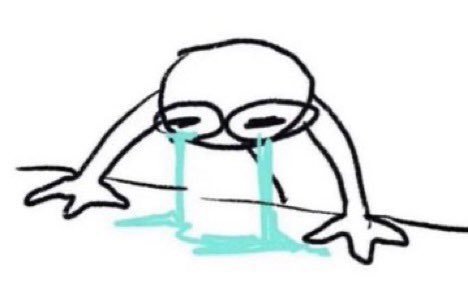
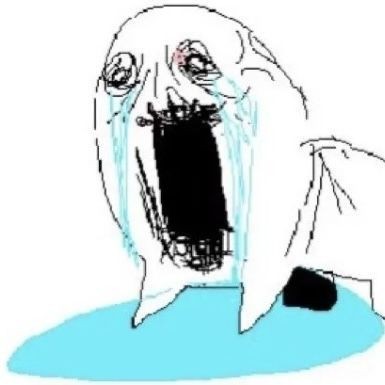
MY BABYYYYY, MY BABYYYYYY. YOU'RE MY BABY <333
WHEN HE LOOKS AT CALE AND DECIDES HE WANTS RED HAIR LIKE CALES INSTEAD OF HIS 'FATHERS' WHITE STARS RED HAIR 😭😭😭
WHEN HE WORKS AND LIVES LIKE A NORMAL PERSON FOR SIX MONTHS EVEN THO HE'S IN IMMENSE PAIN AND DYING
WHEN HE SEES A NEW SIDE TO LIFE AFTER CALE RESCUED (Well more like captured him, but Cale didn't act icy cold and he didn't torture DHB because he realised he was a victim to WS, even if he wasn't welcoming because DHB is still someone dangerous)
WHEN HE ENJOYS MUNDANE TASKS BECAUSE HE'S NEVER DONE THEM BEFORE
WHEN HE'S THANKFUL TO CALE DESPITE EVERYTHING AND HE UNDERSTANDS WHY THE WHITE DRAGON AND THE BLACK DRAGON (raon and his mom) ARE WARY OF HIM
WHEN HE- WHEN WHEN... WHEN HE IS- HE JUST- WHEN HE. HE JUST- HE- WHEN.. WHEN HE- WHEN, WHEN- WHEN HE IS. WHEN HE. HIM. HE.
#lcf#tcf#lout of the count’s family#trash of the counts family#lcf cale#tcf cale#cale henituse#dragon half blood#dragons#raon miru#manhua#manhwa#novel#novel spoilers#book#epub
123 notes
·
View notes
Text
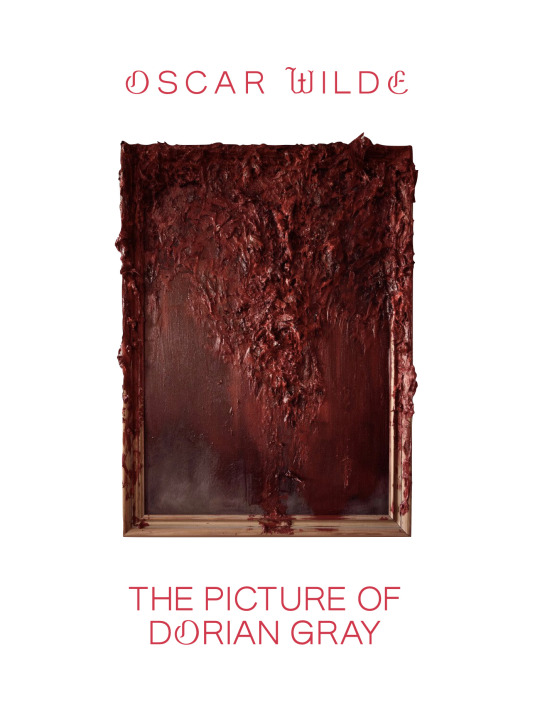
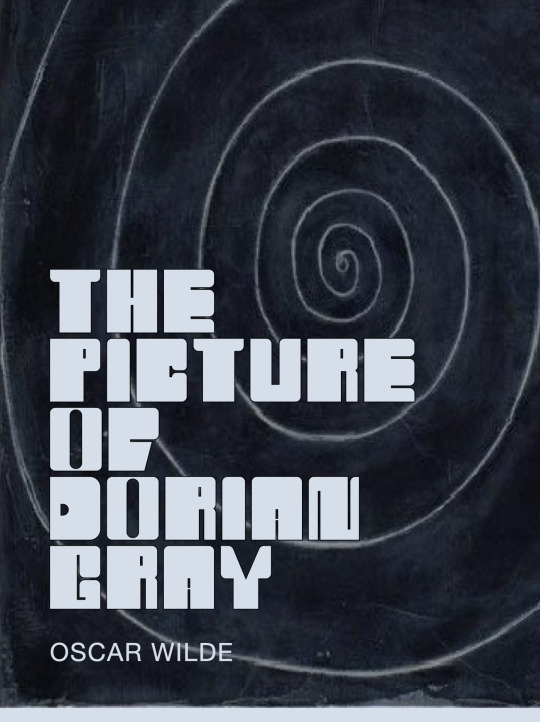

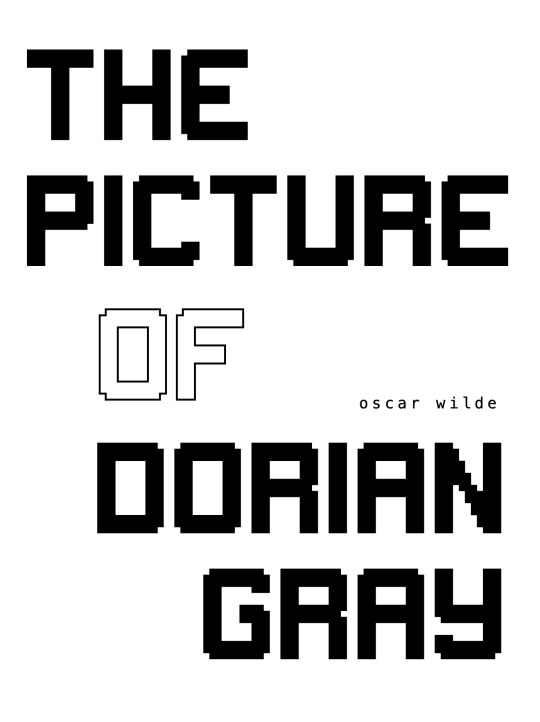
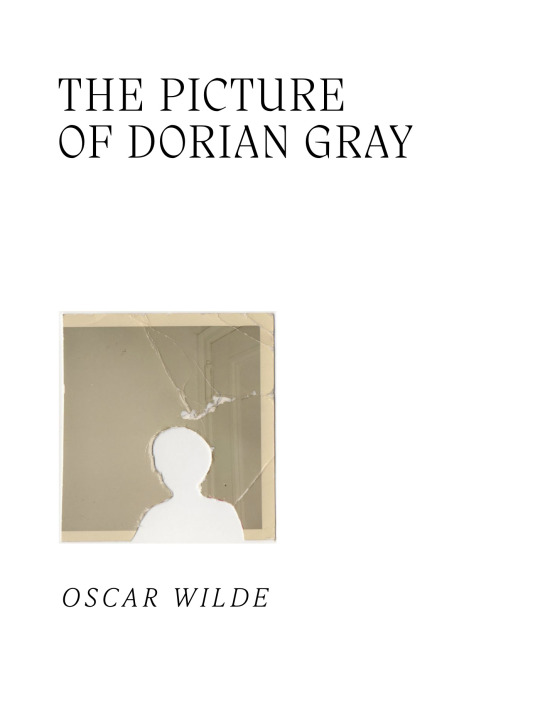
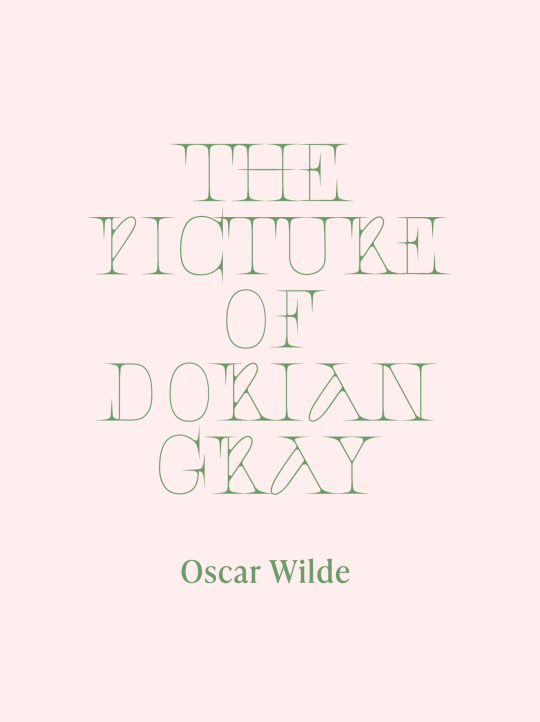
the picture of dorian gray—book cover redesigns
#was designing covers for my illegally download epubs on apple books and i got carried away#here we r#i also did frankenstien and metamorphosis will mayb post those l8r#mine#originals#the picture of dorian gray#oscar wilde#litblr#bookblr#studyblr#art
229 notes
·
View notes
Text
So many types of books that have strong summertime associations that I spend all my time cycling through cravings for certain genres or books.
Within the last month, I have wanted to read/reread:
Jane of Lantern Hill by L.M. Montgomery
The Electrical Menagerie by Mollie E. Reeder
Valiant by Sarah McGuire
Retellings in general (especially Cinderella retellings)
Golden Age mysteries, especially Josephine Tey and Agatha Christie
The Moon-Spinners by Mary Stewart
Books set in locations that are not America or England, especially warm climates
Books set in wintery/cold weather settings
Science fiction/space opera
Superhero stories
Civil War history/Presidential history
D.E. Stevenson books (and other mid-tier vintage light fiction)
Wilkie Collins books
Graphic novels
And I'm sure there are others that I'm forgetting
#books#monthly reading lists#some of these may just make up my july list#this is not great in terms of getting books read#because as soon as i start one a different craving hits#or i want to satisfy all cravings at once#yesterday i started five different books#jane of lantern hill (good it's already on my reading list)#a sci-fi (hopefully short and quick)#a sample of the second book in that maid maleen trilogy (prob not in the mood to go further)#a wilkie collins book (excellent so far)#(will unfortunately take a while but since there's a librivox i can make use of driving time so it's like a free space)#and an una silberrad that was a total impulse when glancing at the epub reader app#i also stayed up way too late reading these#and MEANWHILE i've got a whole stack of library books i need to get to#AND i'm SUPPOSED to be reading some books from my shelf#impulse control and me are not on great terms in the summertime
25 notes
·
View notes
Text
i'm currently reading a book called "you are what you watch" by walt hickey. the chapter i'm on right now is called "commerce and culture and commence", and what hickey is describing in this chapter is something similar to a flywheel – the idea of a book or movie or tv show leading to people buying merchandise, which in turn leads to them going to amusement parks. he's zeroing in on a very specific part of pop history that i had completely forgotten about, the warner brothers' studio store. it's discussed as the missing link between the entire history of pop culture before the 90s and everything that's followed since then.
hickey explains that, before the wb store was innovated, pop culture merch was for children. tv shows about batman, for example, didn't lead to adults wearing shirts about batman. it was all targets to kids. disney locked in on this idea of connecting merchandise to films very, very early. the empire strikes back was the one that really capitalized on this in particular, but star wars in general realized again that you can sell toys to children based on the thing they'd seen. but the thing that warner bros studio store did is that they tapped into the aging boomer audience that had money and were nostalgic. bear in mind, this is 1991, so boomers at the time would have been in their 30s and 40s.
after batman came out in 1989, it was the biggest movie of the year, so wb produced a little bit of adult merch for it, and it sold out almost immediately. then they quickly realized that there was a big demand for batman pins and memorabilia from those boomers. this wasn't just nerds in fandom spaces, these were genuinely mainstream individuals. again, this was the biggest movie of the year.
if you look at the warner brother's library, it's not the cuddly mickey mouse stuff. it's the snarky looney tunes stuff. so wb thinks to themselves, "hey, we're in the 90s. this could work." hearing the people interviewed in the book talk about the development of the store is so interesting because they immediately realized where their strengths were – ignore kids entirely, try to poach people from department stores and design studios instead, and make the kinds of things that people will want to actually buy, except it has daffy duck on it.
what really jumped out to me was that the pop culture artifacts became representations of identity, and wb basically discovered this accidentally. there's a moment in the book about the specific looney tunes characters being targeted to specific groups of people. the consumers didn't want all the looney tunes on their shirt, they wanted one specific character. they had no idea this identity component even existed until they started selling stuff.
the architect of this was a woman named linda postell, who's interviewed in the book. she mentions that, early on in development, all the men who would buy foghorn leghorn stuff would all basically look the same. if they bought harley davidson, they were a taz guy. etc.
there are a lot of looney tunes characters, and wb mined their archives to appeal to more people. before the store concept, marvin the martin was only in about 20 minutes of the cartoon in the aggregate. they slap him on merch, and suddenly, the IT guy has him on his mug because he's persnickety. within a few years, marvin is refereeing space jam. the people who pulled this off were fucking geniuses. you're not only evoking memories of someone's childhood, you're doing it in a way that articulates something about that person in the process.
i'm a millennial, and my generation sorted itself into one of four hogwarts houses. we had that burst of post-apocalyptic fiction that required people to sort themselves into one of five classes. there was star wars and their weird "are you the light side, or the dark side?" campaign. this strategy has been employed by people in the entertainment industry where content design is all a downstream of this.
this next bit isn't in the book at all. it's just my hot take. but i feel like this has been actively destructive to the world of culture criticism, consumption, and enjoyment in very real and specific ways. in what we see in so many of the arguments over things like star wars, there's this thing that's like "star wars is my identity, so i have to defend what i believe to be the correct version of star wars". or, "marvel is my identity, and i can't stand dc people". or vice versa, "dc is my identity. i love zack snyder movies. these marvel movies are trash. put them on the curb". the adaptation of culture around this tribal behavior, imo, has made it very difficult to actually make culture that's resonant while also not allowing itself to give in to that competitive nature.
if you were to consider the release pattern and the mentality around the snyder cut, it becomes difficult to disentangle it from this. there was an underdog perception around it, despite the fact that these are fans of one of the two biggest comic book universes in the world. "i have been wronged. i have ought to be compensated for this in the form of a film made to my specifications."
there are elements of it that, ugh, good isn't the word... i guess allowed us to understand a deeper reason why some things resonate with us and others don't. with sitcoms and relating to a specific character, rather than the entire ensemble cast, is sometimes how people get clued in on a specific show. that was the case with friends and cheers. having on-ramps into pop culture for different people isn't the worst thing in the world. and understanding that people do take this seriously enough that they can articulate an element of their identity through it is not bad.
that being said, these are publicly traded corporations that have a fiduciary obligation to shareholders to maximize value. as a result, sometimes we're gonna get things that play off this instinct in a way that are unhealthy for pop culture and culture as a whole.
so, impressive as the development process was was, they were cracking something open there in the desert that cannot be put back.
#i love watching movies with my friends#i'd also recommend this book but i'd also recommend buying a physical copy of it#there are a lot of charts in this which makes it incredibly not ideal for an epub or kindle
28 notes
·
View notes
Text

#like beta fish do#sides4peace#sideswipe4peace#love#queer#dp x dc prompt#jason todd#danny fenton#ghost fish#paperpuffin#read on ao3#fanart#epub book#book cover
31 notes
·
View notes
Text
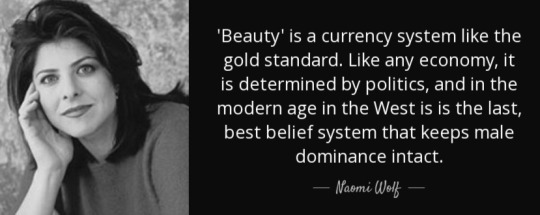
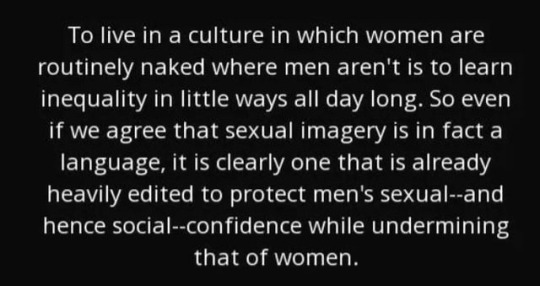
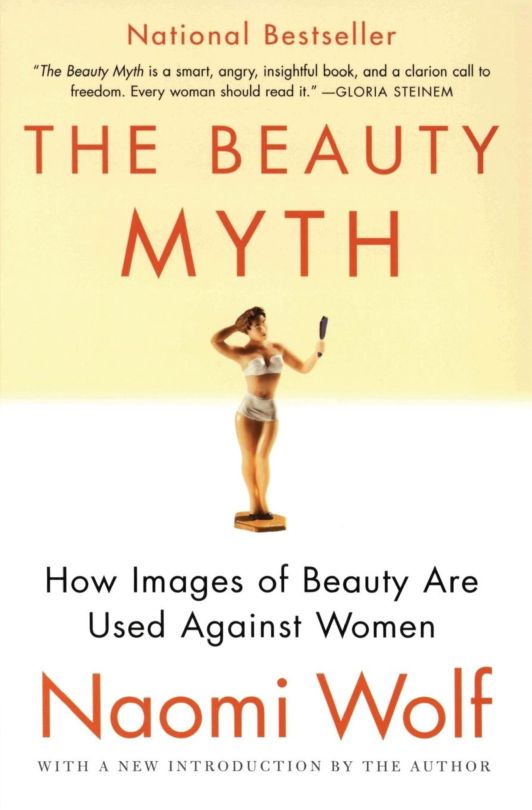
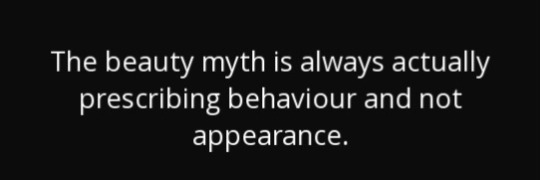
****************************************
#naomi wolf#the beauty myth#beauty culture#beauty standards#feminist books#feminist literature#feminist resources#feminist references#books#download#pdf & epub#feminist library#feminist reading#feminism#systemic misogyny#systemic oppression#female reality
50 notes
·
View notes
Text
guys i NEED to know
do u download ur ao3 fics??? or am i crazy????
#i download epubs so i can read them in my apple books app lololol#ao3#archive of our own#my polls#polls#poll#tumblr polls#hyperspecific poll#poll time#random polls
23 notes
·
View notes
Text
if anybody uses e-readers plz hmu with recs/suggestions 😁
#im leaning towards the kobo clara bw#i already have an ipad so i do read more scholarly things on that so i can note/annotate#im just looking for a good ereader that'll let me download epub books online#i don't really need color/note taking functions#mt
10 notes
·
View notes
Photo



circe - madeline miller / i worried - mary oliver / the raven king - maggie stiefvater
#we b having epiphanies while experiencing nature#word collage#the raven cycle#mary oliver#circe#i COULD get the epubs for these two books and get a nicer picture but no.#trc#adam parrish
269 notes
·
View notes
Text
my boomer trait is that i don't understand the concept of e-libraries. you have the file. just give it to me. if you don't want me to download it at least let me read it online. why is there a waitlist? why is there a time limit? this is not a physical thing someone is using, it's data being displayed on a screen. you have it all the time. why can't i access it whenever.
#i understand not letting people download books bc of copyright. fair enough. but not letting me read it????? online????#because someone else 'has it'??????? because you 'only have x ammount of avalaible copies'??????#IT'S AN EPUB. IT'S INFINITE. WHAT ARE YOU ON.
9 notes
·
View notes
Text

My favorite covers for the series, I like how simple they are but still really nice.
Design by Feli
#all for the game#The foxhole court#the raven king#the kings men#nora sakavic#neil josten#andrew minyard#aftg#foxhole court#They are my covers for my download epub version of the books!! So pretty
75 notes
·
View notes